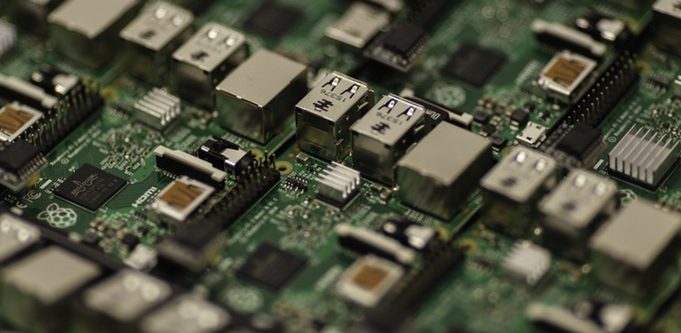
Sticking a microchip in your employees to track their movements and hours might sound like something from an Orwellian dystopian future, but for one Swedish company, it’s becoming the norm.
Stockholm-based technology firm Epicenter has implanted 150 of its staff with tiny, rice-sized microchips the ABC reports, which are inserted via syringe into the hands of employees.
Read more: Why this Swedish software firm uses a “no-CEO” model
The employees involved in the program have all volunteered to have the chips inserted. The technology is able to act to act in place of swipe cards to open doors or operate photocopiers, and the company is hoping to add PayPass-like functionality to use with the office’s café.
The company’s co-founder and chief executive Patrick Mesterson touts the device as a replacement for swipe cards or passwords, telling the ABC it “simplifies your life”.
“It basically replaces a lot of things you have other communication devices for, whether it be credit cards, or keys, or things like that,” Mesterson said.
However, HR expert and director of HR Staff n’ Stuff Deborah Peppard was “horrified” at the “big-brother like” prospect, and questioned the need to find an alternative to office swipe cards.
“If workers can’t carry a swipe card around, how lazy are we becoming as a society? How numbed are our brains becoming as to not remember your passwords?” Peppard told SmartCompany.
“Being reliant on technology doesn’t need to come at the ultimate sacrifice of our brainpower.”
Are microchips right for your corporate culture?
The implanted nature of the chips could potentially allow them to glean significant information about a worker, with Swedish microbiologist from the Karolinska Institute Ben Libberton warning the ABC health and tracking data could be taken.
“Conceptually you could get data about your health, you could [get] data about your whereabouts, how often you’re working, how long you’re working, if you’re taking toilet breaks and things like that,” Libberton said.
Peppard believes businesses that support monitoring employees through these extreme methods should take a “long hard look” at their workplace culture.
“No one has the right to access that much personal information about a person, let alone the possibility of it being leaked and shared with the world,” she says.
“The very idea that employees need to be tracked via microchip is horrifying. Some people think it’s the future, but I don’t want our workplaces to go that way.”
“Low-level tracking” is already occurring in some workplaces says Peppard, via mobile applications which let employees tell their employers when they arrive and leave work. Despite these apps having GPS tracking functionality, Peppard believes they’re a useful tool.
“These apps are causing some angst for employees as they believe their employers can monitor them at all times, which isn’t the case. The app only tracks them when they’ve clocked on,” she says.
“This is actually a good tool, and it’s as far as we need to go. It’s practical and easily accessible.”
Peppard advises businesses that have concerns about employee productivity establish firm policies so employees know the expectations.
“Along with these clear guidelines, induct people into the business in such a way so they understand the expectations from the get-go,” Peppard says.
“Give them the opportunity to meet your expectations, and have effective leadership structures in place to manage them when they don’t.”
Never miss a story: sign up to SmartCompany’s free daily newsletter and find our best stories on Twitter, Facebook, LinkedIn and Instagram.


COMMENTS
SmartCompany is committed to hosting lively discussions. Help us keep the conversation useful, interesting and welcoming. We aim to publish comments quickly in the interest of promoting robust conversation, but we’re a small team and we deploy filters to protect against legal risk. Occasionally your comment may be held up while it is being reviewed, but we’re working as fast as we can to keep the conversation rolling.
The SmartCompany comment section is members-only content. Please subscribe to leave a comment.
The SmartCompany comment section is members-only content. Please login to leave a comment.